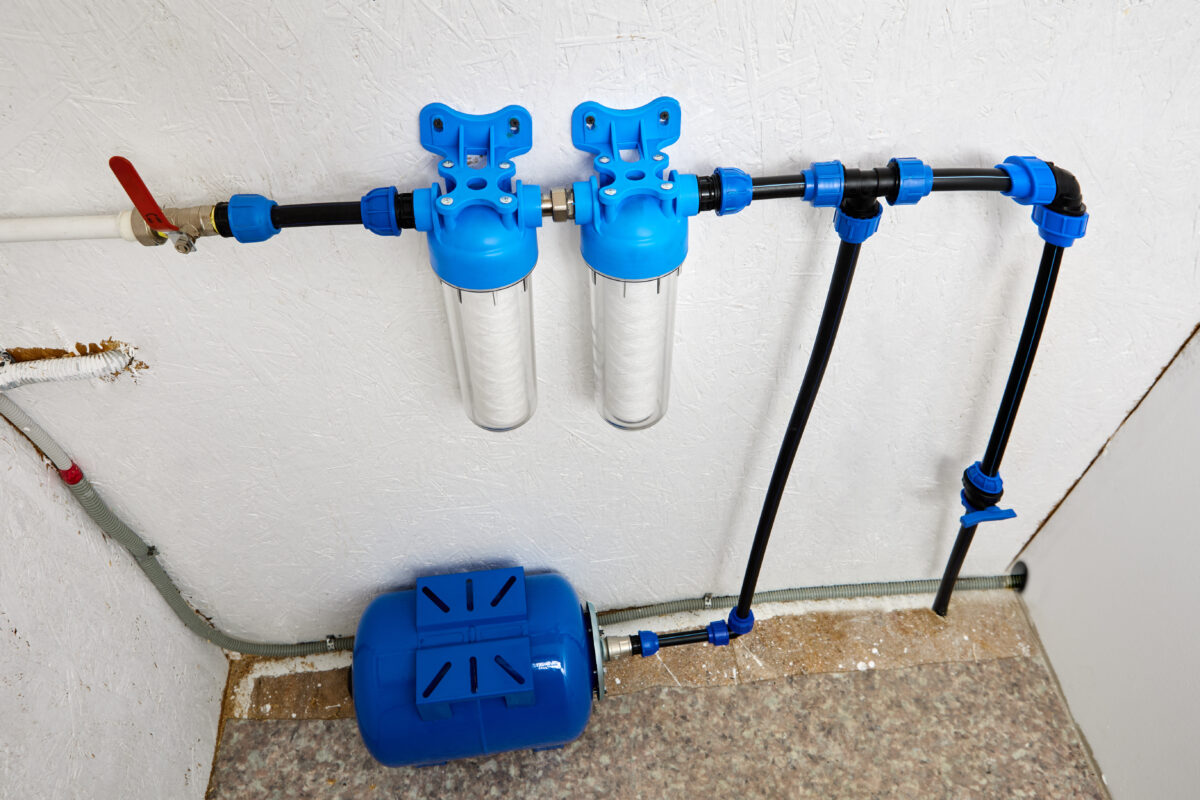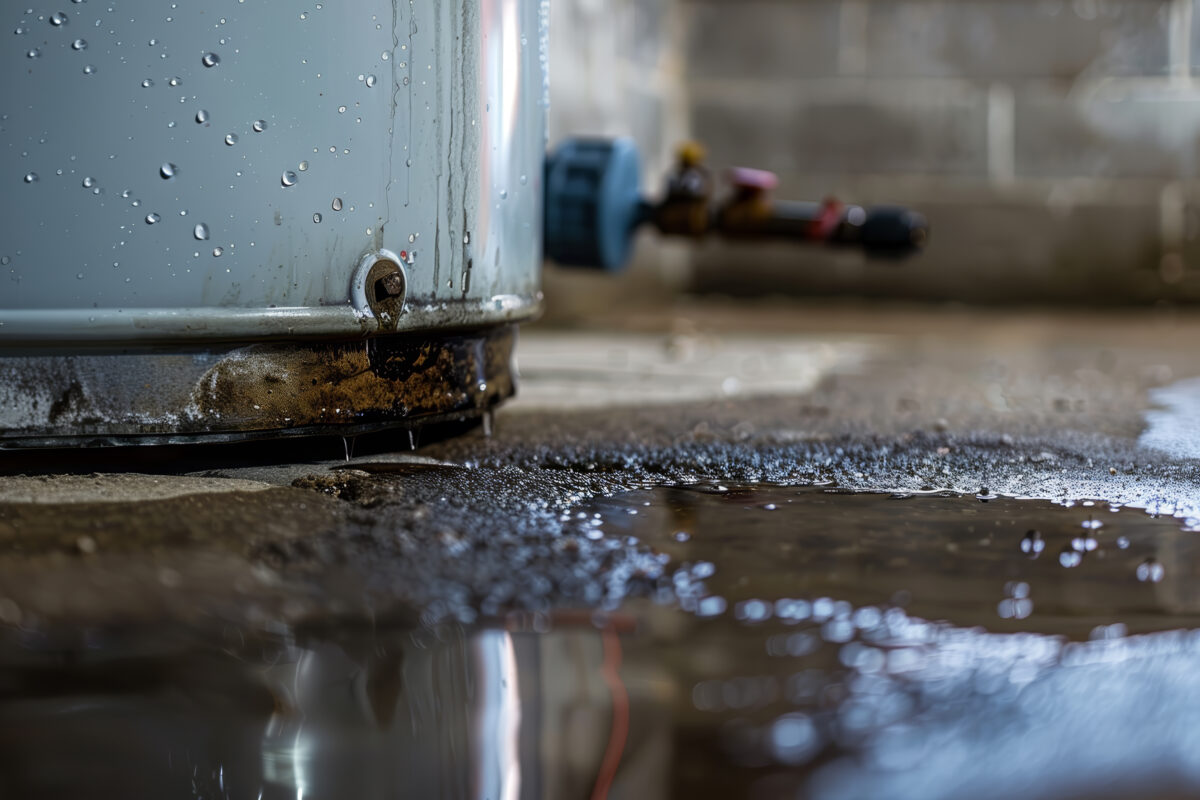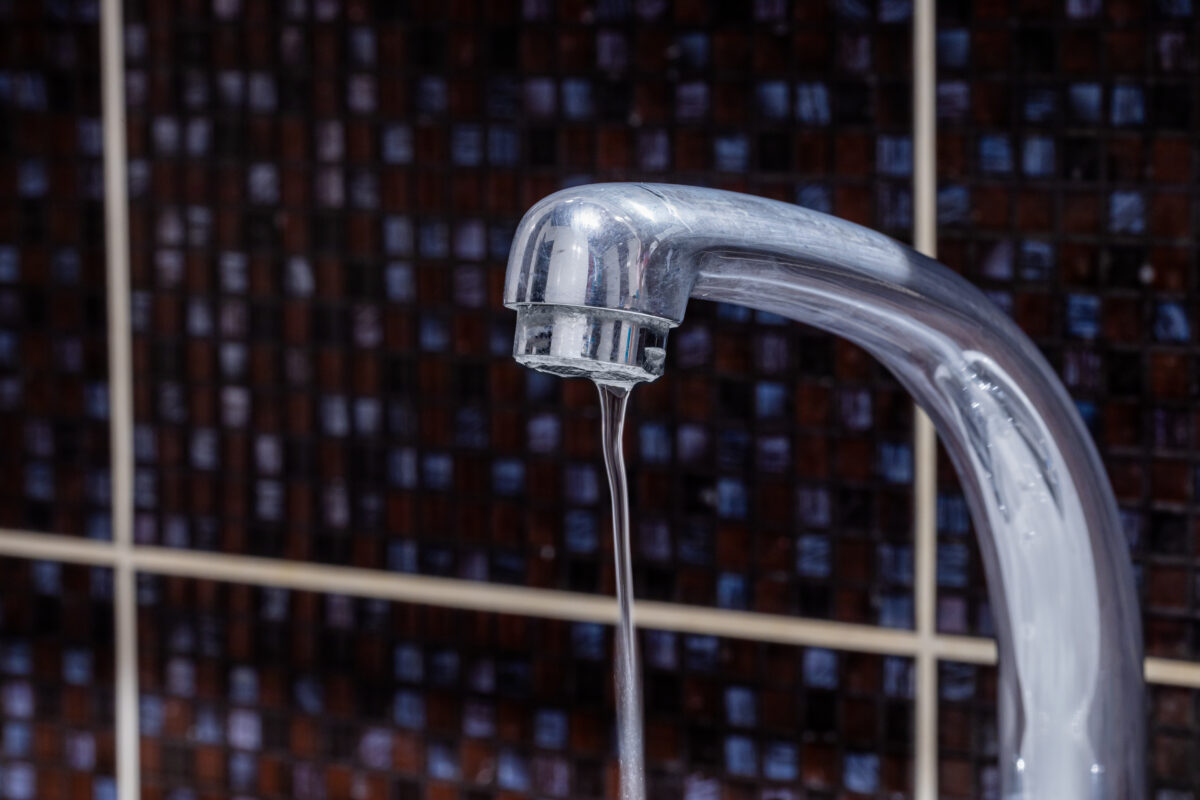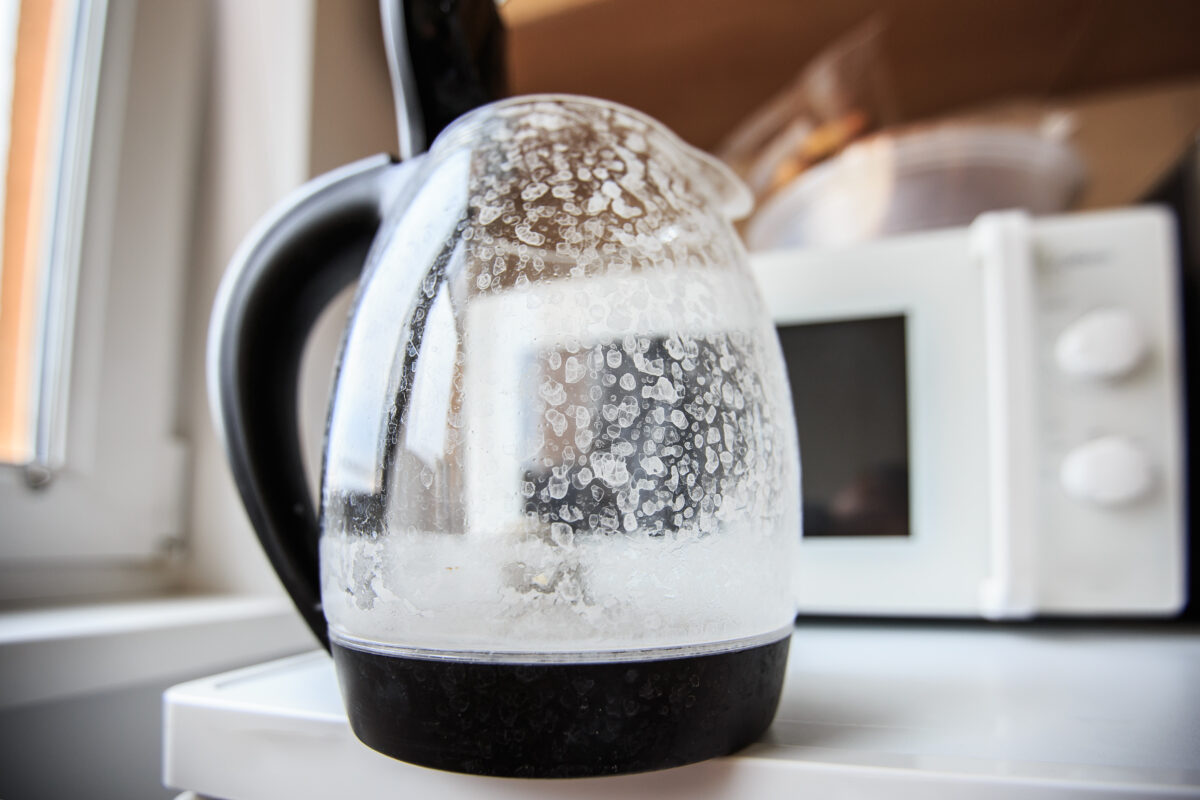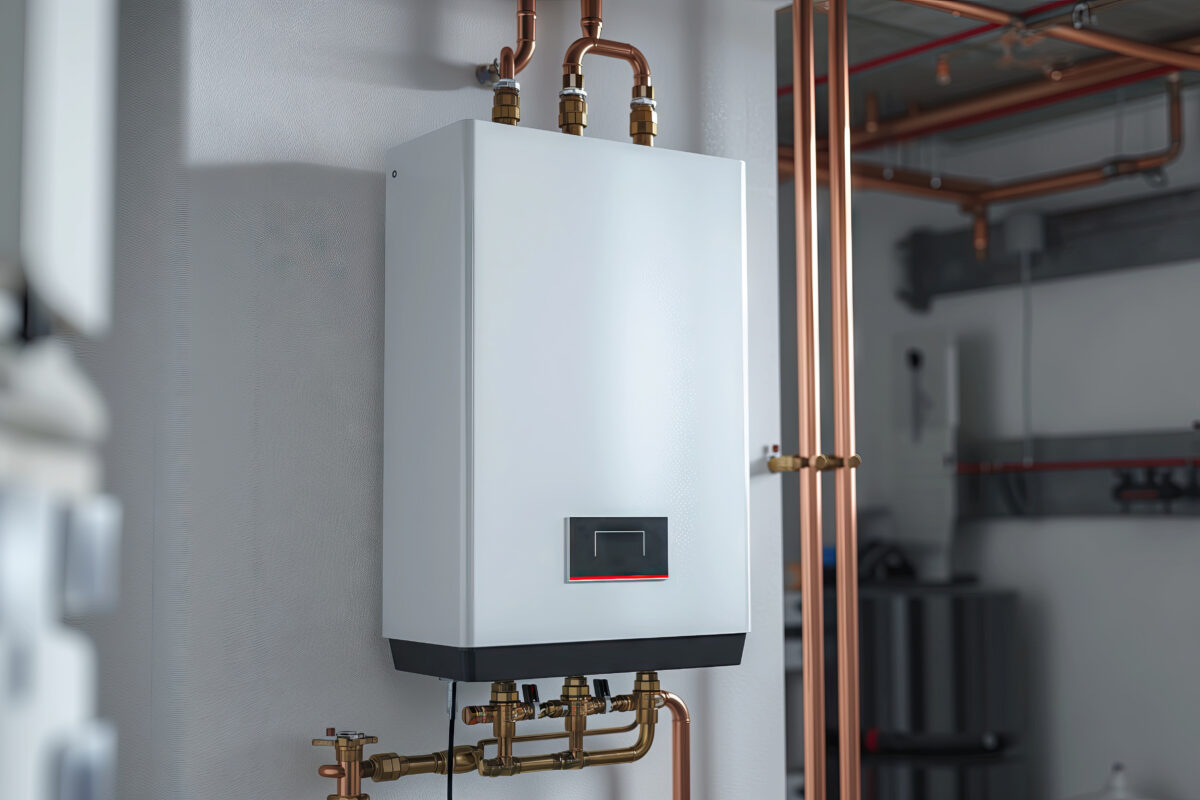Clean water is essential for a healthy home. However, many households unknowingly consume water that contains contaminants such as chlorine, lead, and bacteria. Installing a whole house water filtration system ensures that every drop of water flowing through your home is clean and safe, benefiting your family’s health in numerous ways.
Why Choose Whole House Water Filtration?
A whole house water filtration system provides purified water for drinking, cooking, and bathing. Unlike individual filters for sinks and showers, this system ensures every water source in your home is free from harmful substances.
1. Removes Harmful Contaminants
Public water supplies often contain chemicals like chlorine, fluoride, and even heavy metals. According to the Environmental Protection Agency (EPA), over 90 contaminants can be found in tap water (source). Whole house water filtration removes these impurities, providing safer water for your family.
2. Improves Skin and Hair Health
Unfiltered water can cause dry skin and brittle hair due to chlorine and other chemicals. Filtering your home’s water supply reduces exposure to these irritants, leading to softer skin and healthier hair.
3. Provides Better Tasting and Smelling Water
Tap water can sometimes have a foul taste or odor due to chlorine, sulfur, or bacteria. A filtration system eliminates these issues, making your drinking water fresh and pure.
4. Extends the Life of Plumbing and Appliances
Minerals and sediment in unfiltered water can cause scale buildup in pipes and appliances, reducing their efficiency and lifespan. A whole house water filtration system helps:
- Prevent clogged pipes
- Extend the life of water heaters and dishwashers
- Reduce maintenance costs
5. Healthier Cooking and Drinking Water
Cooking with purified water enhances the taste and safety of your meals. Whether you’re boiling pasta or making soup, filtered water eliminates contaminants that may alter the flavor and nutritional value of your food.
Choosing the Right Whole House Water Filtration System
When selecting a filtration system, consider factors such as:
- Water quality in your area – Get a water test to identify common contaminants.
- Filtration technology – Look for systems that use carbon filters, reverse osmosis, or UV purification.
- Flow rate and capacity – Ensure the system meets your household’s daily water usage needs.
Protect Your Family with Clean Water
Investing in a whole house water filtration system is a smart choice for your family’s health and home maintenance. At Beis Plumbing, we offer expert installation and maintenance services to ensure you get the best water quality possible. Contact us today to schedule a consultation and enjoy the benefits of cleaner, healthier water.

